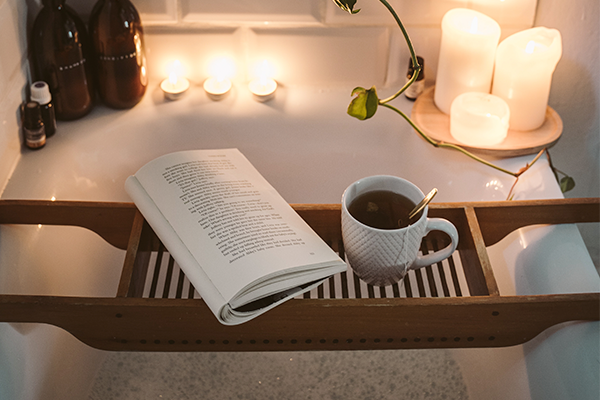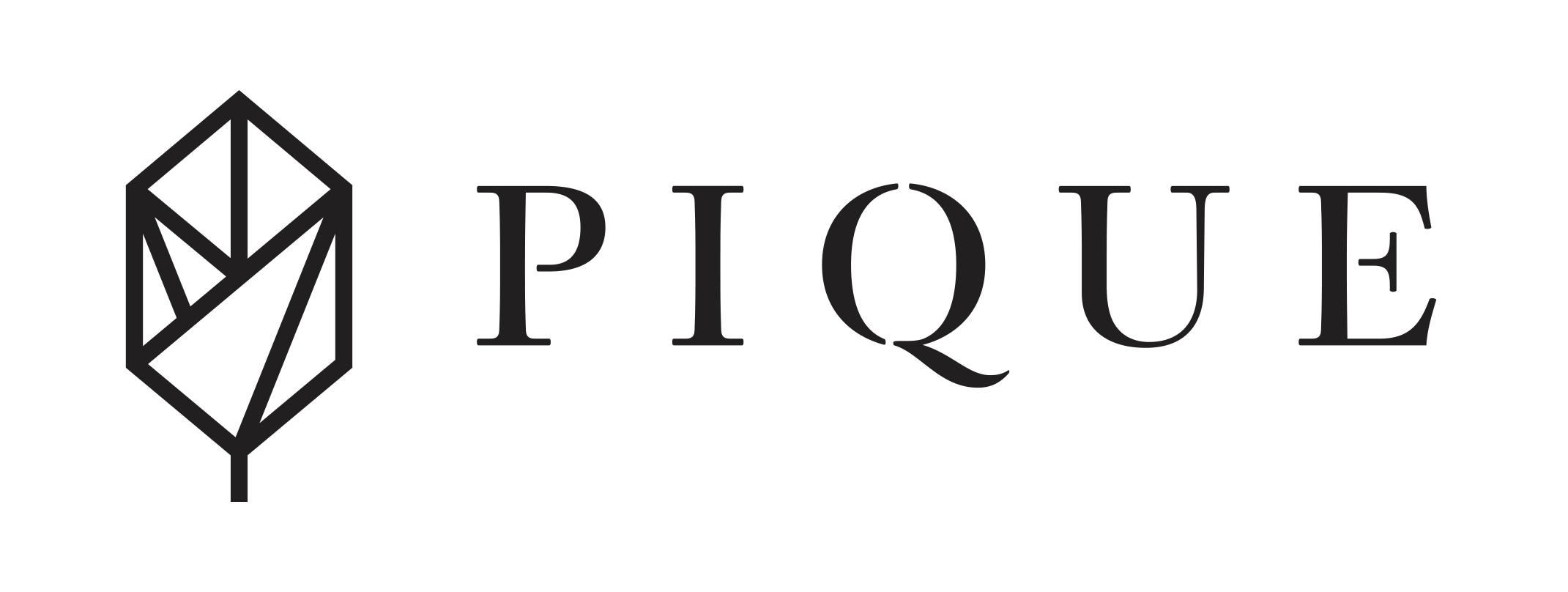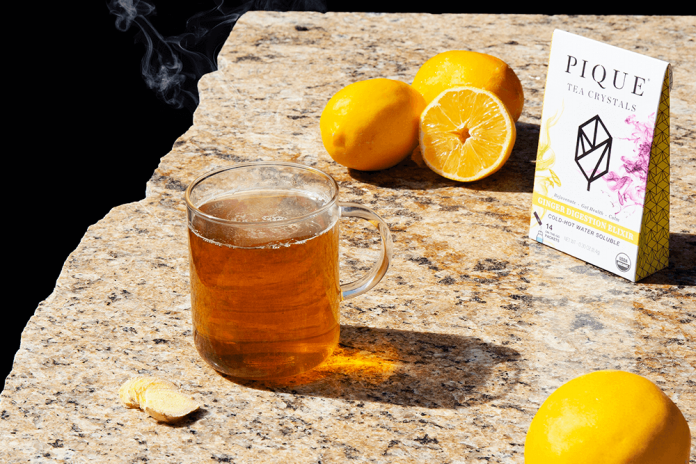No matter the health philosophy, a well-functioning immune system is seen as the foundation of a happy and healthy body and mind.
In Traditional Chinese Medicine, the immune system is synonymous with the overall vitality of a person.
Are there lessons from this ancient philosophy that can help us nurture a vibrant and healthy immune response? There’s certainly a reason TCM masters have been sought out for centuries to share their wisdom for cultivating immune health.
We’ve got some of the most important tips to help nurture your immunity. First, let’s take a look at how TCM views the immune system.
Introduction to the Body’s Energy Systems in TCM
In Traditional Chinese Medicine, there are many different types of Qi (or energy) and each has different functions within your body. Your overall vitality and immune strength is supported by several of these different energetic systems, including:
Wei Qi, also referred to as the defensive Qi or protective qi. This is the outermost layer and is related to the lung system in Chinese medicine. It circulates near the outside of the body and acts as an invisible shield, protecting us from external factors.
Ying Qi, or nutritive Qi. This energy is supported through nourishing and nutritious foods and a healthy lifestyle.
Jing Qi, which relates to the constitutional source of energy of a person and the Kidney system.
Shen Qi is the emotional component. In Chinese Medicine, the mind and body are interrelated, and a healthy mind is important for a healthy body. While feeling emotions is a healthy human response, if left unchecked or experienced chronically without support, they may impact our physical wellbeing.
Why the Wei Qi is Important to Immunity
The defensive layer (or Wei Qi) helps to keep our internal bodies safe from pathogens that are trying to get in.
Wei Qi protects us from the elements, including excessive cold or heat as well as illness. This makes it a significant aspect of immune function.
When the Wei Qi is weakened, we may find ourselves more susceptible to temperature changes, cool drafts, or external pathogens.
To support a healthy Wei Qi (or protective qi), we also need to make sure our Nutritive Qi (or Ying Qi) is strong. This is aided by proper nutrition and attention to gut health.
9 TCM Tips To Support Immune Health
1. Acupressure
Acupressure is the manual stimulation of acupressure points to activate point functions. It is a simple technique that can be self-applied and practiced at home!
Here are a couple of points for immune support.
Stomach 36
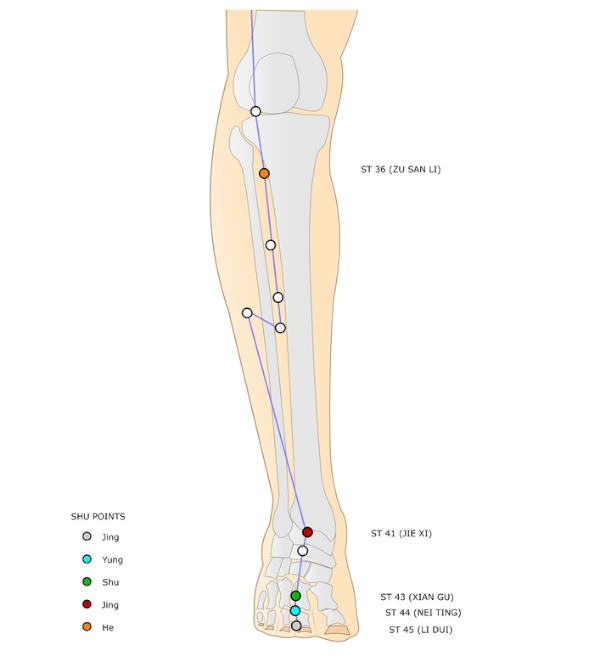
Stomach 36 has the function of nourishing the body’s overall energy (or qi) and blood to strengthen the whole system.
It is known in Chinese medicine as an immune tonic for strengthening the Wei Qi and the overall energy. Modern research supports these anti-inflammatory and immune regulating functions [i]
This point also harmonizes the stomach and regulates digestion.
To locate the point, bend the knee and place your thumb three finger widths below the bottom center of the front of the knee on the pinky toe side of the shin bone.
Lung 7
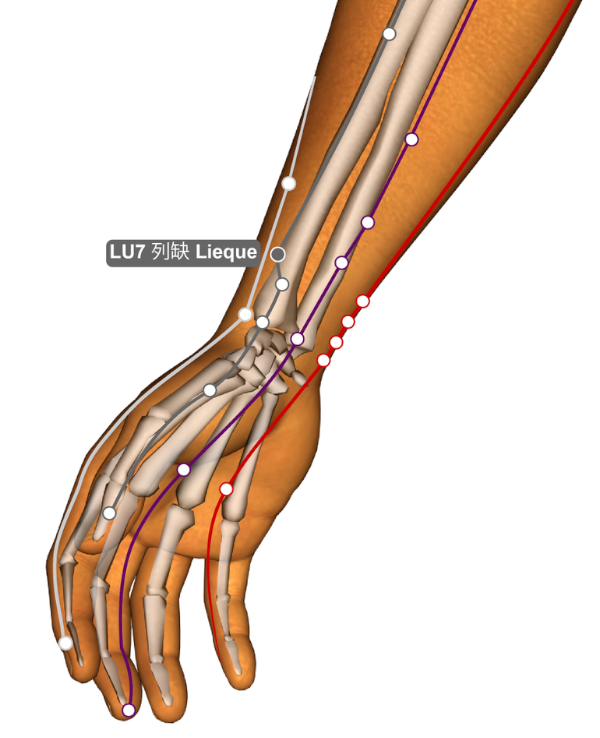 Lung 7 is a point often used to address respiratory conditions because it has the function of strengthening the energy of the lung system in Chinese medicine. It also has the unique function of guiding to the head and neck and also circulates the protective Wei Qi.
Lung 7 is a point often used to address respiratory conditions because it has the function of strengthening the energy of the lung system in Chinese medicine. It also has the unique function of guiding to the head and neck and also circulates the protective Wei Qi.
To locate the point, feel for the bony part of the wrist on the same side as the thumb. Using the thumb of your other hand, measure about 1.5 finger-widths towards the body from that boney prominence.
For both points, provide gentle pressure to stimulate the area for about 5-7 cycles of breath on one side, and then switch to the other side.
2. Nourish your body through diet
Focus on foods that are anti-inflammatory, nutrient-dense, organic, and unprocessed.
Especially in the colder months or climates, it’s best to have warm cooked foods instead of cold and raw. Try cooking with more garlic, onion and mushrooms such as Reishi and Shiitake.
Research shows mushroom extracts to have promising antiviral properties. [ii]
Limit the amount of excessive refined sugars, junk food, and alcohol. Stay hydrated with an adequate intake of water (room temperature is best!) as well as soups and broths.
Drink fresh ginger tea throughout the day. Research shows that ginger root has anti-viral and anti-bacterial properties. [iii]
3. Wear a scarf and stay cozy
The nape of the neck (also referred to as the ‘wind gate’ in Chinese medicine) is particularly susceptible to wind and pathogens.
Keeping this area covered and the body warm helps to create a buffer from the environment to protect the body from external factors.
4. Prioritize rest
Our bodies need rest to recover and regain energy. Aim for 8 hours of sleep a night and try to find moments throughout the day where you can slow down and invite more rest.
5. Find stress-relieving activities that bring you joy
Work with creative outlets such as drawing, painting, singing, or journaling to help navigate stress. We can’t always avoid stress, but we can find ways to manage the effects it has on our bodies!
6. Laugh!
Supporting TCM’s connection between our emotions and our physical health, studies show that laughing is beneficial for the immune system. [iv]
Finding joy and laughter in the day is a helpful way to feel good and support the immune system.
7. Breathwork and mindfulness
Try including breathwork and meditation into your routine.
The Lungs in Chinese Medicine are also related to the strength of the Wei Qi and respiratory health.
Get outdoors and breathe in the fresh air if you are able!
8. Movement
Regular moderate movement is important for circulation and overall health.
Try incorporating exercises such as walking, light jogging, dancing, yoga, and tai chi.
9. Chinese herbal medicine
Traditional herbs may also help to support the immune system. Chinese herbal medicine is a sophisticated and complex system often used to complement acupuncture sessions or as a stand-alone treatment for many conditions.
Working with a licensed herbalist is important to ensure you are receiving the most effective formula for you.
Final Thoughts
By supporting the immune system through Chinese Medicine, we are optimizing the body and mind as a whole.
May we find a little more peace and health by treating our bodies with gentleness and care as we navigate life’s challenges and changes.
